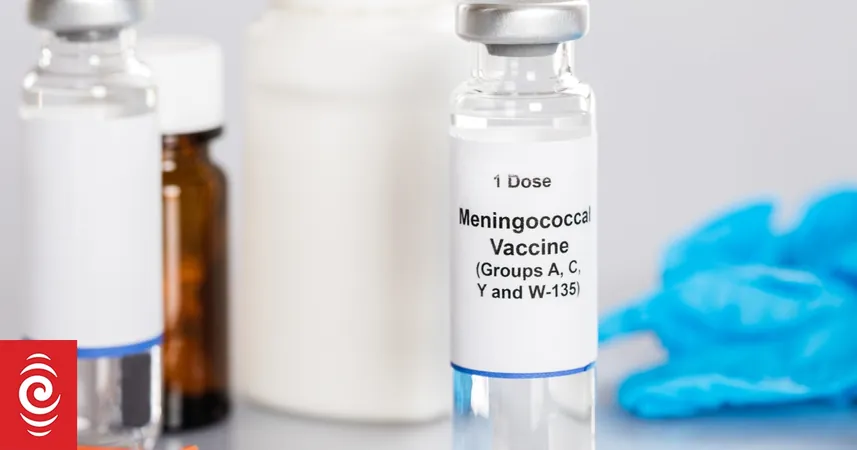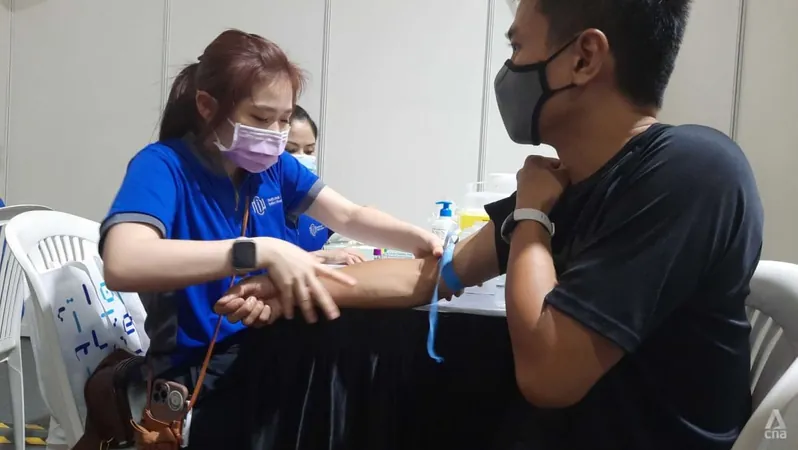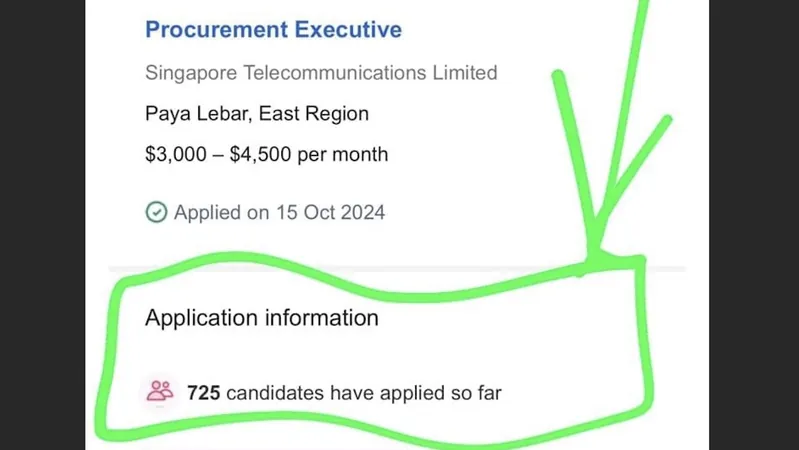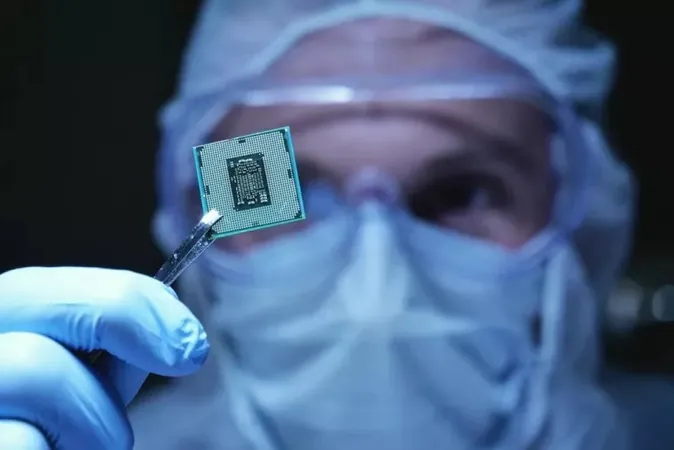
Urgent Call for Vaccinations to Protect Youth Against Meningococcal Disease!
2024-12-18
Author: John Tan
Urgent Call for Vaccinations to Protect Youth Against Meningococcal Disease!
As students prepare for the transition to university and boarding schools next year, health officials are emphasizing the critical importance of getting vaccinated against the potentially deadly meningococcal disease.
Meningococcal disease, though uncommon, can lead to two severe health threats: meningitis—an infection of the protective membranes surrounding the brain—and septicaemia, commonly referred to as blood poisoning. Since 2019, New Zealand has reported 364 confirmed cases, tragically resulting in 21 deaths. Notably, Meningococcal B has been responsible for five fatalities yearly, including two instances reported this year.
The data highlights that Māori and Pasifika individuals are particularly vulnerable, constituting 195 of the 364 cases recorded. The age group most affected this year is those between 15 and 24 years old, signifying a pressing need for vaccinations targeted at this demographic.
Registered nurse Aleisha Telford, who oversees the meningococcal vaccination program at the University of Otago’s Student Health Services, points out a common misconception among parents and students: many believe they have already received adequate protection. Past vaccination efforts between 1991 and 2007 were aimed at controlling a severe Meningococcal B outbreak that led to over 6,100 cases and 260 deaths. However, Telford emphasizes that the vaccine administered during that time only provided temporary protection against a single strain of the disease.
"Those vaccinated during the last epidemic are now entering a high-risk age group," she explains. "It is crucial for them to receive another vaccination."
The New Zealand Ministry of Health strongly advocates for vaccinations prior to students embarking on their tertiary education journeys. The disease spreads through respiratory droplets from infected individuals, making communal living and behaviors like kissing, sharing drinks, and social gatherings significant risk factors.
Telford warns that meningococcal disease can be challenging to diagnose, as initial symptoms may mimic a typical hangover or fatigue, leading to unnecessary delays in seeking treatment. "Prompt medical intervention is essential for better recovery outcomes, particularly when students are away from their families for the first time," she adds.
Brett Marett, Medical Director at GSK, advises parents to consult healthcare professionals regarding their child's vaccination history. Alarmingly, New Zealand has meningococcal B incidence rates that are twice as high as in other affluent nations, with ongoing outbreaks affecting Māori and Pacific communities disproportionately.
The stakes are high: approximately one in ten individuals who contract the disease will succumb, while one in five survivors may endure permanent disabilities, including brain damage, limb amputations, and hearing impairments. Symptoms such as fever, headache, stiff neck, confusion, nausea, sensitivity to light, joint pain, and rashes should not be overlooked.
Vaccinations, specifically the Bexsero vaccine, are funded for those aged 13-25 years who are about to enter close living situations, such as hostels and military service. However, Gerard Rushton, Chair of the Meningitis Foundation Aotearoa New Zealand, argues that the current funding criteria are too restrictive and fail to adequately protect many at-risk youth, particularly Māori and Pasifika.
The Foundation advocates for the expansion of accessible vaccination programs to encompass all students preparing for post-secondary education, work, or vocational training.
Given the seriousness of meningococcal disease, it is imperative that health authorities, families, and young adults collaborate to ensure informed decisions regarding vaccinations. The opportunity to protect against this potentially fatal disease should not be overlooked, emphasizing the urgent need for action now!



 Brasil (PT)
Brasil (PT)
 Canada (EN)
Canada (EN)
 Chile (ES)
Chile (ES)
 España (ES)
España (ES)
 France (FR)
France (FR)
 Hong Kong (EN)
Hong Kong (EN)
 Italia (IT)
Italia (IT)
 日本 (JA)
日本 (JA)
 Magyarország (HU)
Magyarország (HU)
 Norge (NO)
Norge (NO)
 Polska (PL)
Polska (PL)
 Schweiz (DE)
Schweiz (DE)
 Singapore (EN)
Singapore (EN)
 Sverige (SV)
Sverige (SV)
 Suomi (FI)
Suomi (FI)
 Türkiye (TR)
Türkiye (TR)